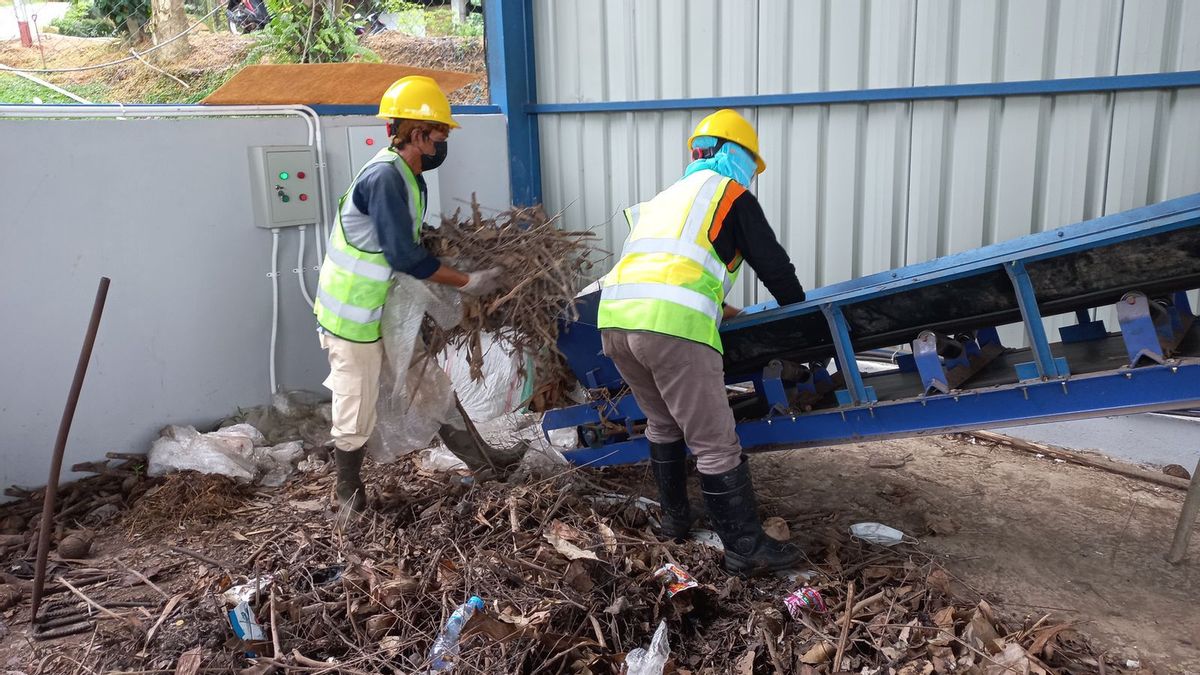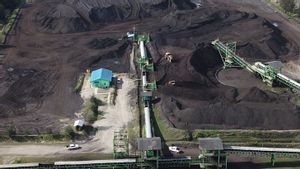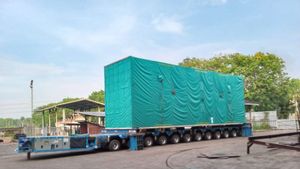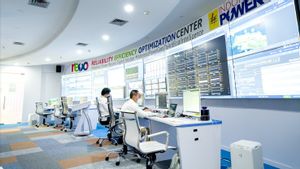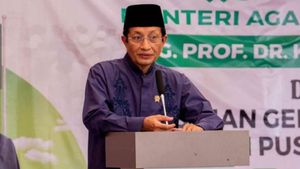JAKARTA - Balikpapan City utilizes 50 tons of waste per month into Solid Jumputan Fuel (BPJP) at the Manggar Final Waste Processing Site (TPAS), Balikpapan, East Kalimantan (Kaltim).
Operating in July 2022, this BBJP Plant processes waste into fuel to replace coal at a steam power plant (PLTU).
This Manggar BPJP Plant is the first pilot project outside Java and is the result of a collaboration between PLN and the Balikpapan City Environmental Service (DLH).
Balikpapan Mayor Rahmad Mas'ud supports PLN's innovation in utilizing energy sources.
This is also a solution to the problem of landfill waste.
"Hopefully this program to process waste into fuel for power plants will not only reduce waste but also be able to provide added value for the people of Balikpapan City," said Rahman. in his statement, Tuesday, October 11.
Rahman added, the existence of the BBJP Plant is in line with the efforts of the Balikpapan City Government as a buffer city for the State Capital (IKN) in reducing greenhouse gas emissions and landfills.
“The transfer of IKN to East Kalimantan will have an impact on increasing the volume of daily waste in Balikpapan City. We hope that the production of solid jumputan fuel can run continuously and sustainably so that the City of Balikpapan can become a role model for other cities," Rahman added.
General Manager of PLN's Main Generation and Distribution Unit (PLN UIKL) Kalimantan, Daniel Eliawardhana, revealed that the processed waste products in the form of solid jumputan raw materials will be utilized by PLN as a substitute for coal at PLTU Balikpapan with a composition of BBJP and waste of 97:3.
"The use of BBJP will improve the people's economy and help reduce emissions from PLTU Balikpapan. This is in line with PLN's target of achieving Net Zero Emission (NZE) by 2060," said Daniel.
The cooperation in processing waste in Balikpapan City into BBJP started last April with the signing of a Cooperation Agreement (PKS) between PLN and DLH Balikpapan City.
SEE ALSO:
Furthermore, the cooperation will be implemented with the construction of the BBJP Plant at the Manggar TPAS in July 2022.
Daniel explained that the BBJP Plant at TPS Manggar is capable of producing up to 120 kg of pellets per day and up to 120 kg of woodchips per day.
"We will evaluate the performance and production results of the BBJP Plant at TPS Manggar, if possible in the future we can up-scale by adding new machines to boost production capacity," concluded Daniel.
The English, Chinese, Japanese, Arabic, and French versions are automatically generated by the AI. So there may still be inaccuracies in translating, please always see Indonesian as our main language. (system supported by DigitalSiber.id)
